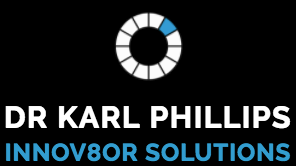Skill
Skill
Managing several related projects in order to improve an organisation’s performance or alternatively to create outcomes
Competency
Competency
Specialist
Competency Level
Competency Level
89%
KNOWLEDGE (THEORIES, IDEAS & CONCEPTS)
Through Professional/Personal Study Gained Through Experience
SKILLS & APPLICATION OF KNOWLEDGE
IN REAL WORLD SITUATIONS
Together with Responsibilities / Accountabilities
SELECTED CHALLENGES & APPROACHES
Together With Lessons Learnt
SELECTED ACHIEVEMENTS & SUCCESSES
Together with Any 'So What' Statements or Insights
